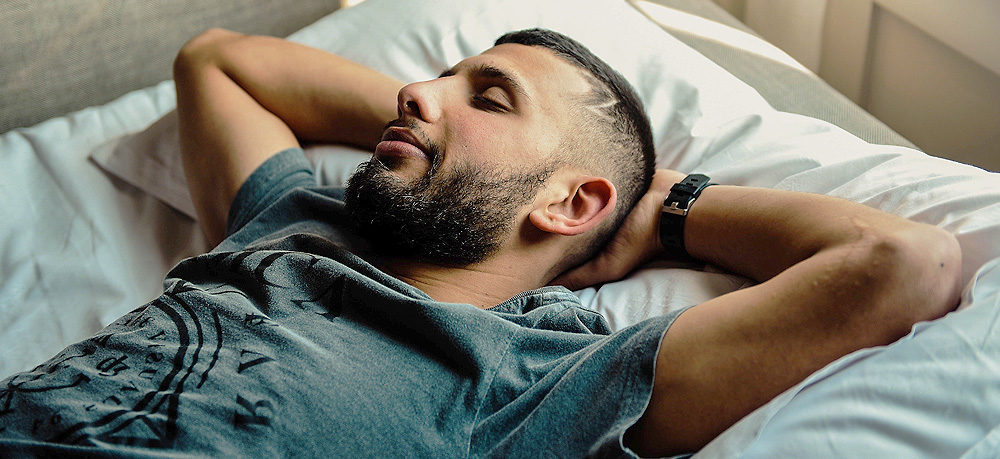Leveraging The Connection Between Diet & Its Effect On Mental Health
It’s no secret that a healthy diet leads to a healthier body. A well-balanced diet and regular exercise help keep us fit and healthy. However, recent studies seek to establish a scientific link between mental health and diet.
For example, the connection between struggling with anxiety and depression and having a poor appetite, as well as mental well-being in general, is tied to food.
Thus, your nutrition may have a strong influence on your mental health and wellness.
Failing to eat well or healthily can negatively impact our state of mind while having poor mental health also affects our relationship with food — not to mention the dangers of eating disorders.
In this article, we’ll explore the link between diet and mental health, and why taking care of one helps you take care of the other as well:
Adjusting your diet and fitness goals

Diet culture and mental well-being often get entangled in a negative way, as we develop an unhealthy expectation of how we’re supposed to look or act in a “healthy” way, which makes it difficult when we occasionally slip up.
So how does diet influence mood, performance and mental health?
In a previous article about New Year’s resolutions and healthy eating plans, we discussed the benefits of adjusting our goalposts when it comes to dieting. Most importantly, we highlight the significance of shifting the focus from counting calories to simply eating healthy.
This eliminates the pressure of having to keep up with drastic, rigid restrictions that can be damaging to your mental well-being, and removes numbers by focusing on getting enough nutrients instead of calorie math.
So much of pursuing a healthy lifestyle can be more positive and less stressful when we reframe our relationship with these new routines.
For those who are walking for weight loss, tracking your daily or weekly walks by the time you spend instead of the distance you’ve covered can be a healthier way to get your exercise without pushing yourself too hard, while giving you a slower pace to focus on your mental health as well.
Cutting back on caffeine

So what are the benefits of cutting back on caffeine? Let’s face it, some people can’t function or properly start their day without that first cup of coffee, but as with everything else, consuming caffeine in moderation may be better for you in the long run.
In fact, caffeine is the psychoactive drug that people consume the most in the world, while coffee comes second only to water in terms of consumption — at 1.6 billion cups per day.
Too much caffeine can trigger symptoms of anxiety disorder in people, alongside other negative effects including nausea, dizziness, and restlessness, all of which hinder your productivity more than boost it.
While we’re at it, there’s really no scientific proof that caffeine has a positive effect on weight loss either, so considering decaf once in a while may be the right move.
Finally, cutting back on caffeine can help stress management and improve your well-being, so it’s definitely worth a try.
Get good sleep for a successful diet and positive mental health

One other aspect of a healthy lifestyle aside from eating well and exercising is getting adequate sleep. In fact, modern weight loss plans incorporate sleep science into their diet plans as the sleep-weight connection is real.
Science tells us that people who get less sleep are hungrier throughout the day.
Moreover, when you don’t get quality sleep, you’re more prone to stress and stress eating. And often, we end up craving sugary, high-calorie foods that make us feel sluggish or even more tired during the day.
Being healthy physically and mentally will take work and dedication, but there’s comfort in knowing that part of it comes with sleeping better and giving your mind and body that well-deserved rest.
We mentioned the significance of cutting down on caffeine consumption above — that should help you have an easier time going to sleep at the end of a long work day.
Another tip is to establish a good sleeping routine. At a certain time of night, turn off your gadgets and settle into your bed. This will further reduce the chances of you sneaking out of your room for a late-night snack.
Try to remember that diet and mental health (and sleep and keeping fit) are important to you and your well-being, so see if you can apply some of these techniques and suggestions to your daily routine and see what changes arise within you.
After all, your body and mind deserve it.
———————————-
Many thanks to our guest editor Andrea Cole for researching and writing such an interesting article.


